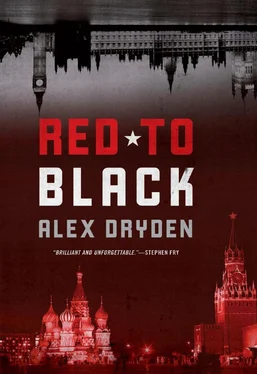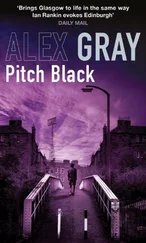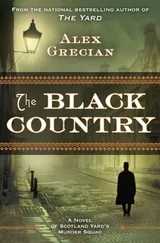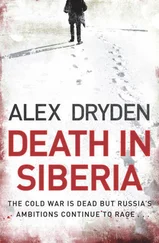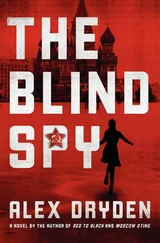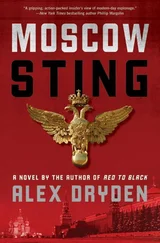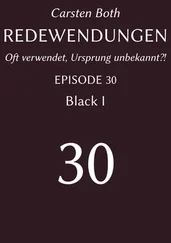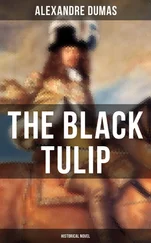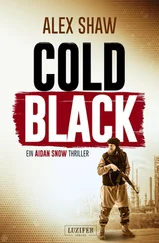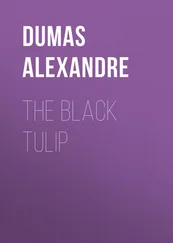I look all around the room in total shock, then through the window, looking for the blue police lights or men surrounding the house, German back-up for their Russian friends. But there is nobody, just this man. I’m frozen in the chair, I’m waiting to die. But the man doesn’t move.
‘I’m pregnant,’ I say. ‘I’m pregnant with Finn’s child.’ It’s as if I’ve given up. As if this will be a defence against them. To myself I sound completely lost.
‘I know,’ the man says, but he doesn’t move towards me, or take his eyes away.
I look at him more closely. He knows? He is a Russian. Yes, I’m sure he is a Russian. He’s smartly dressed, he has an easy air of wealth. His hair is black like mine and is thick and short and parted like some thirties movie star’s. He has a tanned face. His hands are manicured, his skin is polished and clean, the skin of a non-smoker, I think. Will he kill me with those manicured hands? I have no strength at all. But if I can find my strength, I know I can kill this man.
‘You know me, Anna,’ he says, ‘and you don’t know me.’
I look at him harder, but it isn’t true, I don’t know this man.
‘I’m Mikhail,’ he says.
I sit in shock, speechless.
He walks slowly, unthreateningly, across the room, keeping well clear of the space I’m occupying and sits in a chair opposite me across from a low table. He reaches into the side pockets of his jacket and pulls out two plastic cups, a yellow one and a blue one, the type that pack neatly into a picnic basket. He puts them on the table and then reaches inside his jacket and pulls out a silver flask. He unscrews the top of the flask and pours a generous measure for me.
‘A favourite,’ Mikhail says. ‘Basilica vodka from Georgia.’
‘I’m pregnant,’ I say again. It sounds so foolish, and I wipe my face and feel my strength returning.
Mikhail waits. Then he pours two drinks to show that we are sharing whatever he’s brought in the flask. He seems to sense my reluctance and drinks from my cup too. Then he raises his own cup between us.
‘To your child, then,’ he says.
I pick up my cup and we toast his children and my unborn child and all children.
He refills the cups and lifts his again for another toast.
‘And to Finn,’ he says. ‘Himself, in some ways, a beautiful child.’
And I hear myself repeat it. To Finn. And I drink to the bottom of the cup and cry inside.
A toast is the Georgian way of expressing more than a thousand words can ever express. It is a method of communicating the impossible in that country.
And then Mikhail downs his empty cup. He puts his hand inside his jacket again and withdraws a long dagger from a pocket, but I sit there with no thought of running. Just for a moment, I actually want to be released.
But Mikhail puts the knife on the table between us. It is a kidjal, a Caucasian dagger, and it has an inscription on it.
‘Pick it up. Look at it,’ Mikhail says.
I do so, and written on the blade is an inscription. ‘I will protect you, both in the day and in the night,’ it reads.
‘Finn gave it to me,’ Mikhail says. ‘It is the dagger’s word and it is Finn’s word. He kept his word. And now I want you to have it. It’s now my word. I’ll keep my word to you too, Anna.’
Mikhail stands up and puts the flask and the cups back into his pockets. I pick up the dagger and place it in my bag and do up the zipper.
‘We must go,’ he says. ‘I don’t know how much time we have.’
He leads the way through to the kitchen and the back door and looks out over the lake. I follow him with the bag of Finn’s books and the microfiches.
I’ve never opened the back door out from the kitchen, I don’t know how Mikhail got to it, but I see there’s a lawn outside the door that leads down to the lake.
When he seems satisfied with his observation, he opens the door and we walk down the lawn to a small launch tied to a post. He takes my bags and places them gently next to the seat that he guides me to. Then he gets into the launch himself and starts an outboard. I untie the painter from the post and the boat swings around gently with the motor idling and then he accelerates away from the pink house across the lake. I look back at the widening wake, and the pink house disappearing into the distance.
We reach the other side. He ties the boat up and puts my bags on to a jetty as I climb out. He lets me carry them then, so that I know he isn’t going to take them away. Then we walk up the jetty and to a lock-up garage on the far side of the road. Mikhail lifts the door and unlocks a green car, a Cherokee Jeep, I think, inside the garage, and he opens the passenger door for me.
The back seats are folded down and Finn is lying with his eyes closed on what seems to be an inflatable camping mattress and he is covered up to his neck in blankets. I see a drip attached into his arm and smell morphine.
As Mikhail moves the car away from the kerb I see him look back across the lake and I follow his gaze. On the far side, where we’ve just come from, the lazy blue light of a police car is slowly passing along the road that runs by the edge of the water.
‘We must go,’ he says.
I look down at Finn and I see that he is alive.
‘Why isn’t he in hospital?’ I demand. ‘Why is he lying in this damn car!’
Mikhail doesn’t reply.
‘Are we going to hospital?’ I hear the edge of a scream in my voice.
‘He has a few hours, Anna.’
‘Get him to a fucking hospital, then!’ I scream at him, leaning over the front seat in rage. But he drives into the gathering dusk and I don’t know where we’re going.
‘Finn stayed at a hotel in Paris,’ he says at last. ‘Days ago, eight, ten- I don’t know. He hired a car. French police and security have taken his room to pieces and found nothing. That’s because what they were looking for was in the car. They, our people, put a nerve agent on the steering wheel. We don’t know what nerve agent it is. Even if we did, it was too late by the time I found him. If there is an antidote, we won’t be able to find it. He knew that too. He asked me to bring him here.’
I don’t say anything, but sink back on to the floor next to Finn and watch his upturned face and listen to his laboured, infrequent breathing.
‘If he wakes, use the time well,’ Mikhail says.
We drive in silence, in darkness. I am lying next to Finn, sometimes on one elbow looking at his face, sometimes on my back, like him, looking at the roof of the car. We might both have been corpses then.
‘What happened?’ I say after I don’t know how long. We are passing under some street lights, I am on my back, and the lights are beaming through the window, illuminating the interior of the car like a lethargic stroboscope.
‘He told me he went to see the man Frank.’ Mikhail pauses.
‘Yes?’
‘It was to confront him.’
‘About what?’
‘Finn told me he’d looked back over months, over years, and found a pattern. The photographs you told him about, the ones they showed you in Moscow…On all the occasions photographs were taken, since Geneva, Frank was the link. In Geneva he was there. In France, he was there. In Basle, when you and Finn were taken together at the railway station, the only other person who knew you’d be there was Frank. Finn had telephoned him, if you remember. I think he telephoned Frank back then to confirm his suspicions. To see if there’d be a photograph. And there was.
‘He tried to forget this, Anna. He tried to forget because he was genuine about finishing with all of this, about putting it behind him and making a life with you. But one thing he couldn’t forget was four years ago, in Luxembourg, and the boy’s death. When he left the boy’s flat, he’d been meticulous, he knew his job. And he knew that he wasn’t observed entering or leaving the building. Knew as far as anyone can know, anyway. But with all the other evidence, the photographs, he knew that Frank also was the only person who knew he’d seen the boy. He was certain of that. And therefore he was certain that Frank was the cause of the boy’s death. He couldn’t forget that. He couldn’t let that go. He had to hear it from Frank himself. That’s why he went to Luxembourg. That was the loose end he had to tie up. He couldn’t let it rest.’
Читать дальше
